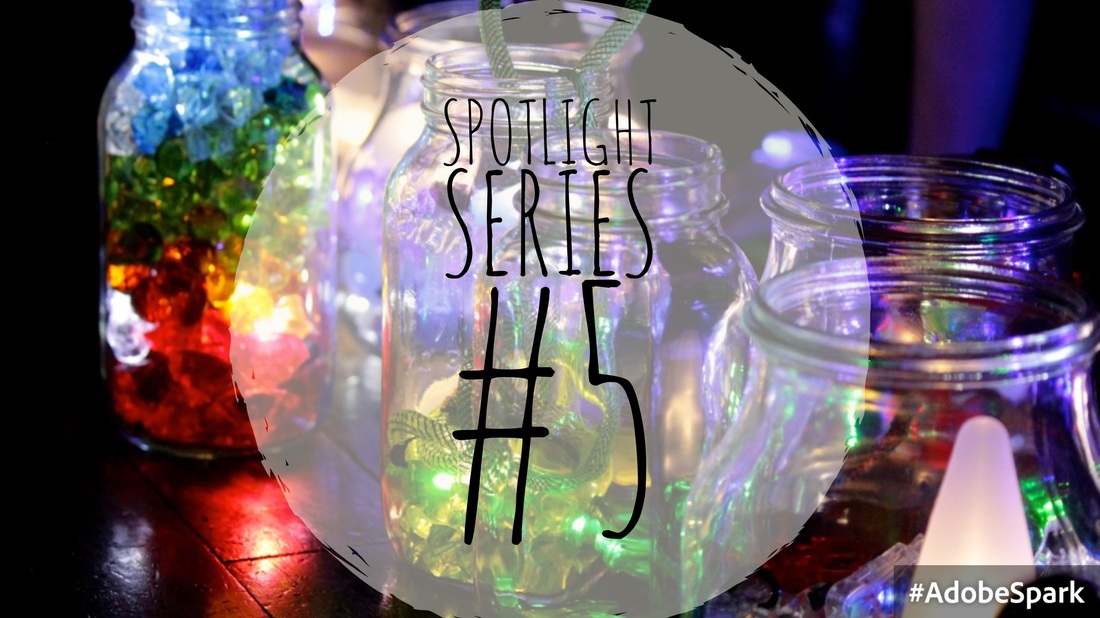Welcome to the 5th post in our Spotlight Series, sharing some of the thinking in the lead-up to our latest exhibit, Beyond Words, opening Labour Day Weekend. Last December when we wrote this piece, we were frustrated by the delay of winter. It felt like nature never got the memo. And it got us thinking about change (or lack thereof) and so we set about to shed a little light on the topic. Enjoy the read...
[ Originally shared Dec 2015 ]
On Change
We're thinking a lot about change these days – not just because nature is withholding seasonal transformation from us, but because we've just experienced a pretty big change in our personal and professional lives. Last month, one of us moved to a new house in a new neighbourhood and we've both had to adapt to a new schedule and distant proximity. We've discovered that moving – aka change – upends our sense of complacency. We get so comfortable in the spaces we inhabit – our homes, our classrooms, even our relationships and beliefs – that we stop noticing even the need for change. But change brings growth whether it happens quickly or moves like molasses. It's important to recognize that there's not always going to be an 'aha' moment. Not every learning experience will be monumental or tweetable. One day, you might look back and realize, WOW, things have really/finally changed!
When we look back at the images from our earliest programs, we see an abundance of materials. Scaling up allowed us to demonstrate the incredible power and possibilities of loose parts. Just two years later, at Material World exhibit, we created one installation with a single ball of yarn and another simply with rocks. In these instances, scaling down provided a completely different level of learning than scaling up. Turns out that on the continuum of our learning journey there is room for zooming in and zooming out. There's room for change whether it happens swiftly or incrementally. So if, like nature, you are stuck and change eludes you, take comfort in knowing change may be happening in small, imperceptible ways, even when it feels like you didn't the memo.
Wishing you positive changes this year,
Simone and Aviva
On Change
We're thinking a lot about change these days – not just because nature is withholding seasonal transformation from us, but because we've just experienced a pretty big change in our personal and professional lives. Last month, one of us moved to a new house in a new neighbourhood and we've both had to adapt to a new schedule and distant proximity. We've discovered that moving – aka change – upends our sense of complacency. We get so comfortable in the spaces we inhabit – our homes, our classrooms, even our relationships and beliefs – that we stop noticing even the need for change. But change brings growth whether it happens quickly or moves like molasses. It's important to recognize that there's not always going to be an 'aha' moment. Not every learning experience will be monumental or tweetable. One day, you might look back and realize, WOW, things have really/finally changed!
When we look back at the images from our earliest programs, we see an abundance of materials. Scaling up allowed us to demonstrate the incredible power and possibilities of loose parts. Just two years later, at Material World exhibit, we created one installation with a single ball of yarn and another simply with rocks. In these instances, scaling down provided a completely different level of learning than scaling up. Turns out that on the continuum of our learning journey there is room for zooming in and zooming out. There's room for change whether it happens swiftly or incrementally. So if, like nature, you are stuck and change eludes you, take comfort in knowing change may be happening in small, imperceptible ways, even when it feels like you didn't the memo.
Wishing you positive changes this year,
Simone and Aviva


 RSS Feed
RSS Feed



